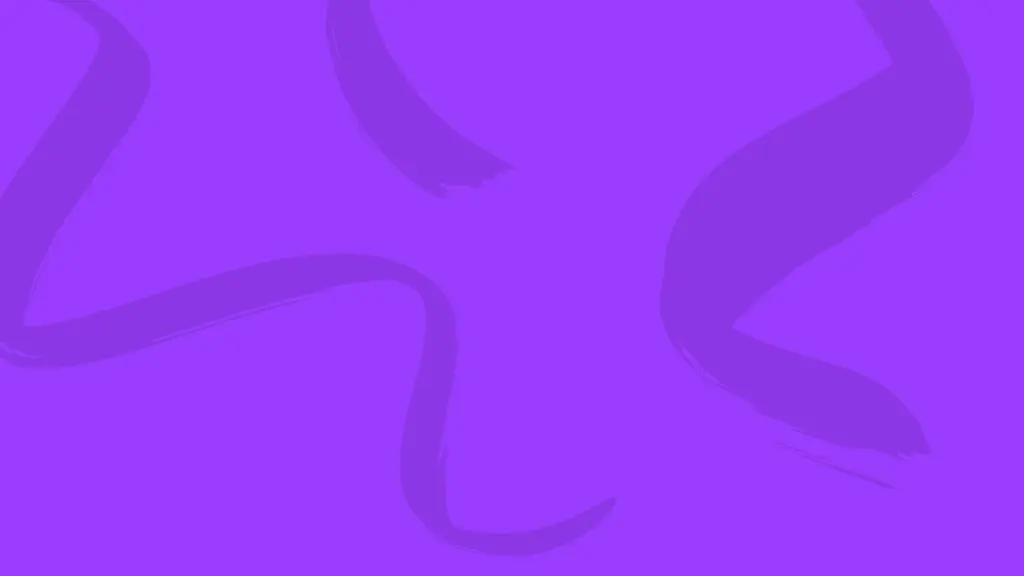Sensitive content
This site contains sensitive content that includes references to sexual violence.
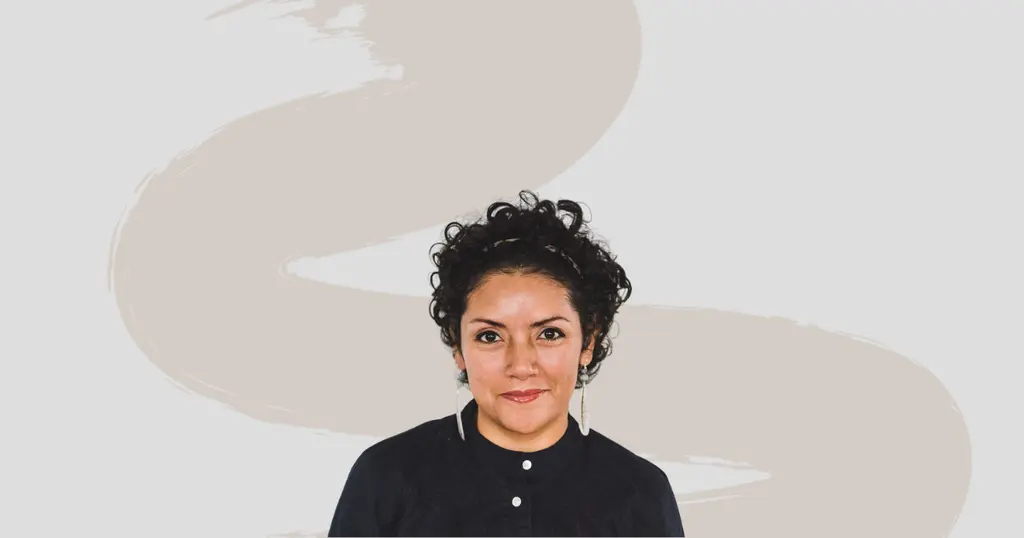
Interviewed by Daniela Ligiero, Founder of the Brave Movement
I first met Rosalia in January of 2021. We were still in the throes of the COVID pandemic here in the US when she reached out and asked if she could interview me for her podcast. I looked into it and it seemed great—focusing on parenting around sexual violence against children, especially for parents who are survivors, and I am both.
Not only did I love the content she was putting out, but Rosalia and I hit it off immediately. As parents committed to doing better for our kids, as people who dream big and want to change the world, as Latinas living in North America (US and Canada), as survivors, we connected instantly.
At the time, the Brave Movement was just starting to take shape in the minds of a handful of people I brought together to help bring this idea to life. And so we added Rosalia to our list of folks we would interview for the first cohort of survivor leaders for the Brave Advisory group, later named SAGE (Survivor Advocates Globally Empowered). This group became Brave's co-founders, and I’m so happy that when we reached out, Rosalia said yes.
When I sat down to interview Rosalia Rivera, I knew it would be meaningful. What I didn’t expect was how deeply it would move me. Rosalia is not only a co-founder of the Brave Movement; she’s a powerhouse of honesty, resilience, and hope. Below is our conversation, in her own words.
Determined, rebellious, and honest. Honesty is my highest value. I didn’t grow up with honesty—everything was about appearances. I had to learn how to live honestly and teach that to my kids. I’ve also always had this rebellious streak, a refusal to follow all the rules just because they exist. And once I set my mind to something, I’m determined to see it through. That energy drives so much of what I do today.
It hasn’t always been easy. Honesty isn’t always welcomed, and sometimes it makes people uncomfortable. But I’ve learned that honesty doesn’t have to be sharp. It can be kind. That’s something I’m actively teaching my children—how to speak the truth with compassion.
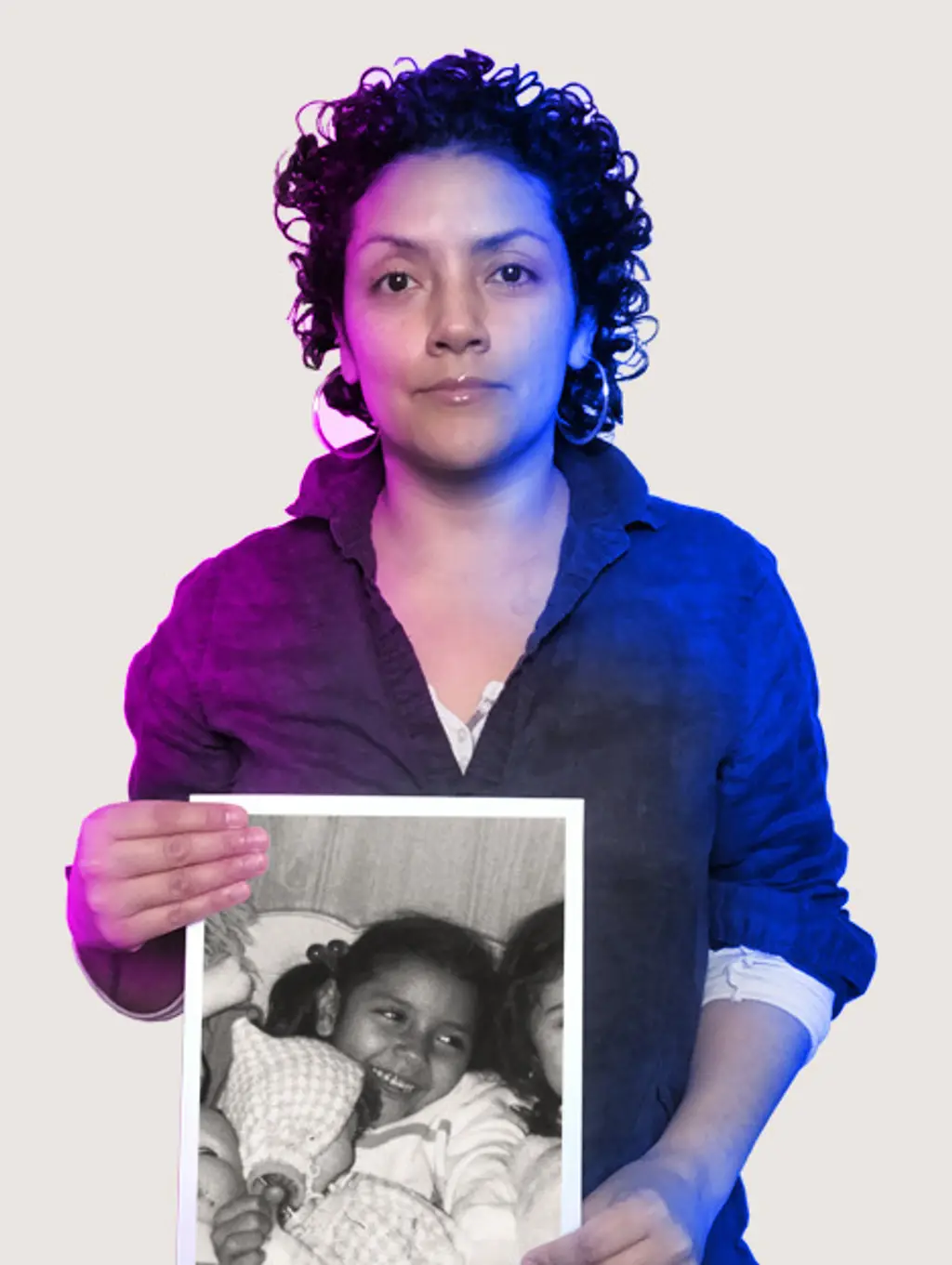
I’m proud of my three children—but also of the work I’ve done to heal my inner child. That healing is what has allowed me to become a conscious parent and break generational cycles of violence and abuse. Loving myself didn’t come easily, and it’s still ongoing. I’ve had some huge breakthroughs even in the last few weeks. Healing takes courage, and it’s probably the bravest thing I’ve ever done. It’s also made me feel connected to my ancestors—like I’m making them proud by ending cycles that may have gone unspoken for generations.
Becoming a parent was my turning point. I knew I didn’t want to yell, to control, to parent from fear. I wanted to love my children well, and to do that, I had to do the hard, uncomfortable work of loving myself first. There’s no blueprint for that. But I’ve learned that healing is not a destination—it’s a process, and every layer I peel back brings me closer to the parent I want to be.
Years before Brave existed, I had this dream—I wanted to end child sexual abuse like we ended polio. I even posted that on Instagram. So when I saw you present that same idea in a Brave presentation, it gave me chills. Meeting you and then meeting our fellow survivor and campaigner Tabitha Mpamira felt like the universe was answering a prayer. It was a full-circle moment, and I knew I had to say yes.
I remember the moment I realized this was the vision I had carried deep inside me. I thought, "This is it. This is the thing I dreamed about without knowing how it would manifest." That spiritual clarity, that sense of divine timing, made my choice to join inevitable. I felt seen, and I felt called. It was the alignment of purpose, community, and vision I had been waiting for.
Before Brave, I focused on prevention and education for parents. Healing was there, but it wasn’t the focus. Brave helped me understand how prevention, healing, and justice are all interconnected. It pushed me into advocacy in a way I never thought possible and gave me the confidence to use my voice.
I come from a communications background, but I used to feel daunted by advocacy—like it was for someone else. Brave showed me it was for me, too. It helped me build confidence, learn the language of systems, and realize that systemic change is not just necessary, but possible. And I’ve learned to pass that knowledge on to others.
It also taught me to prioritize my own well-being. If I don’t take care of myself, I can’t sustain this work. I’ve become a better communicator, a better advocate, and a stronger leader. And now I advocate for survivor well-being just as much as I advocate for systemic change. I’ve learned the hard way that we can't pour from an empty cup.
"Being part of Brave has been transformational. I no longer feel like I’m working in isolation. I feel connected to a global family of changemakers."
Seeing our collective impact—across countries, languages, and experiences—gives me the fuel to keep going.
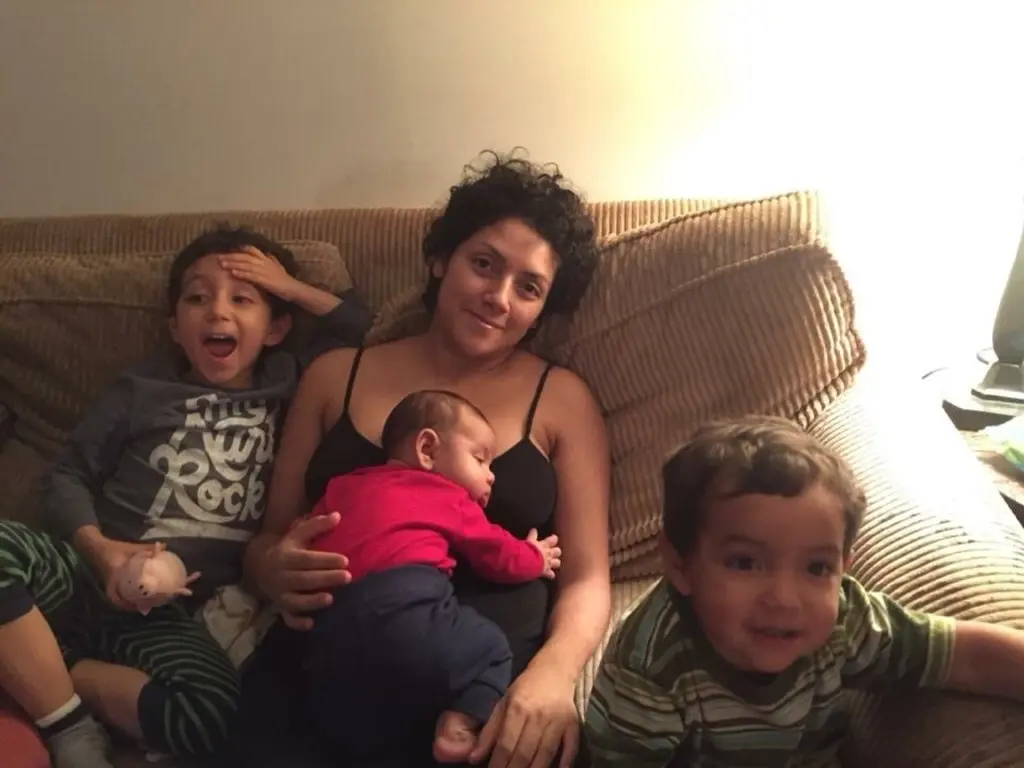
The first picture is of me with my kids during the start of my healing journey. I was overwhelmed, but committed to doing better. I had just started realizing I didn’t want to repeat the patterns I grew up with.
That picture reminds me of the strength it took to begin. I see a tired but fierce young mother who made a promise to do things differently.
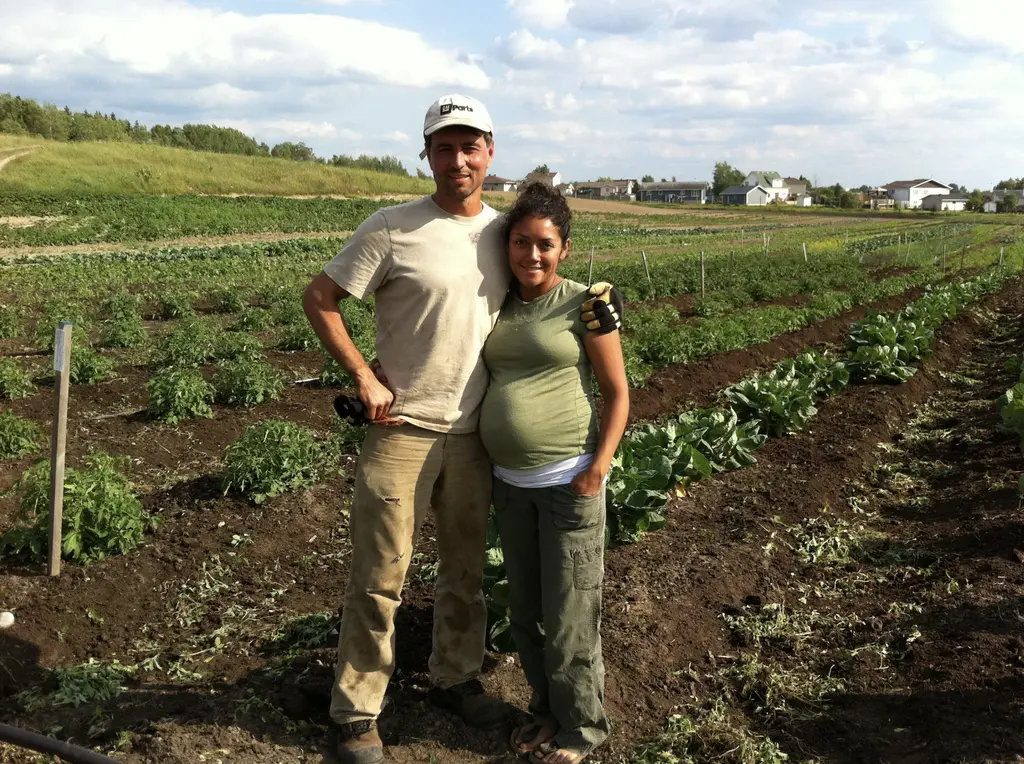
The second is of me pregnant with my first child, standing on the organic farm I used to run. I studied documentary photography and ended up falling in love with farming.
That farm and my pregnancy represent transformation and growth in the deepest ways. I was literally planting seeds—both in the soil and in my future. That was a time of learning, of creating new roots—personally and literally.
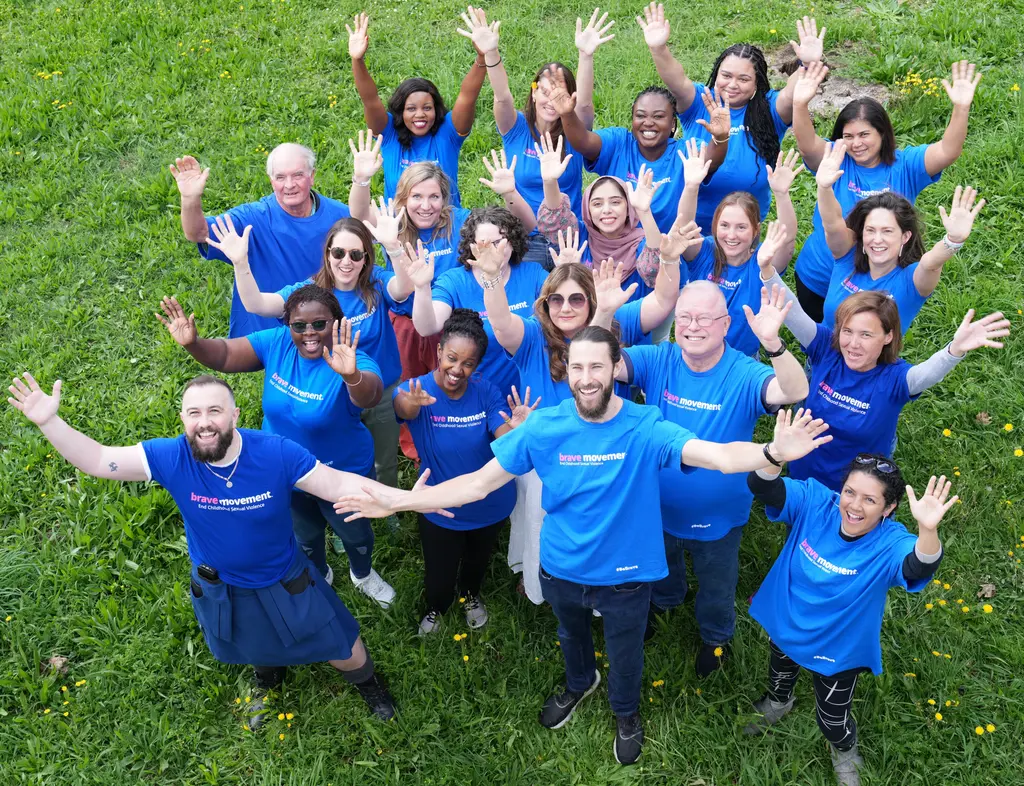
The third is a group photo of all of us co-founders at the Brave retreat in Portugal. Standing with people I deeply admire—Caroline Taylor, Matthew McVarish, Tabitha, Robert Shilling—was surreal. I remember thinking, “I can’t believe I get to be part of this.”
It felt like the tribe I had envisioned long before I knew it would exist. That image reminds me we’re not alone, and that when survivors come together, we are powerful.
Seeing wins—big and small—within the movement. Whether it’s an op-ed in a national paper or a WhatsApp message from a colleague celebrating a breakthrough, these moments give me hope. They’re proof that we’re building momentum, that we’re not working in silos anymore. We’re becoming a collective force.
I also find hope in the resilience of the people around me. In their fire. In their belief. It helps me keep going. We’re not just dreaming anymore—we’re building.
"We’re changing narratives, transforming systems, and showing the world that survivors are not broken—we’re powerful."
I envision Brave becoming a household name. I see us embedded in culture, policy, and parenting—where child sexual abuse is no longer taboo to talk about. I imagine headlines announcing historic lows in abuse rates. I see a world where legislation has caught up, parenting has transformed, and this issue is addressed everywhere from schools to dinner tables. I believe that’s possible.
I also think Brave will be known not just for what we fight against, but what we stand for—healing, justice, joy, and the power of survivors. I want our name to evoke strength, not shame.
I see us influencing media, shaping education, and being an essential voice in global conversations. I envision us creating resources, influencing laws, building networks of support. Brave will be the standard—something that makes people feel proud, not pained.
"Survivors matter. Our voices, our knowledge, our wisdom—it’s all invaluable to ending child sexual abuse."
Our value is intrinsic. It doesn’t come from our achievements or from doing this work. It was never taken from us.
We deserve rest. We deserve joy. We deserve love. And we deserve to know that healing is not only possible—it’s powerful.
When we are well, we win. When we are whole, we lead. Our wellness is our strength, and our thriving is the revolution.
Stay tuned for more interviews with our co-founders as we continue to spotlight the power of survivor leadership in the Brave Movement.
